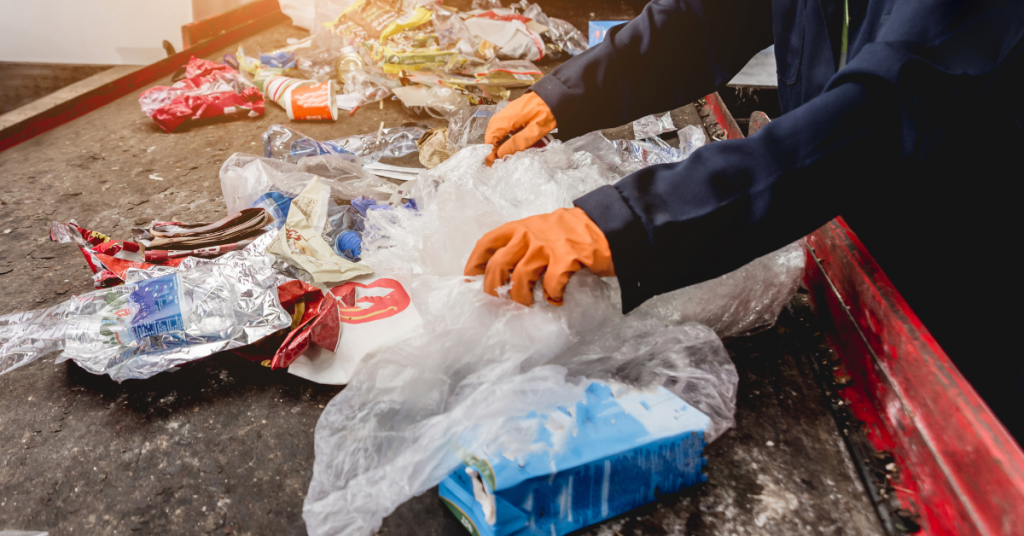BCBRDA urges BC government to classify milk as a beverage to encourage recycling
B C Bottle & Recycling Depot Association has launched campaign to boost recycling of milk containers

In an effort to have milk classified as a beverage, the B C Bottle & Recycling Depot Association (BCBRDA) is advising the public, and bringing to the government's attention, that the fact that milk is not considered a beverage in BC is hurting recycling efforts as well as the environment, but is rewarding big business.
"If the government of British Columbia were to classify milk as a beverage, milk containers would become part of the deposit system, and that would increase collection rates," said Corinne Atwood, Executive Director of the BCBRDA. "This is imperative, as there hasn't been any increase in bottle refund deposit levies over the past 20 years or any additional containers added to the deposit system, and it is having a negative impact on recycling."
If milk were classified as a beverage, and deposit levels were increased to match Alberta's deposit system people would get a larger overall refund at a depot and be more inclined to bring other materials back as well. This would reduce what goes to landfill. When milk containers were included in the Alberta deposit system in 2009, the volumes at Alberta bottle depots almost doubled within six months. As such, the BCBRDA would also like to see that other containers like soup, detergent, etc. should also be put in the deposit system.
The BC government lets Extended Producer Responsibility (EPR) agencies (agencies that represent big business manufacturers) keep 100% of the over 400 million dollars annually paid by consumers in deposits and eco fees, but EPR agencies are only required to recover 75% of their materials. "One has to assume then that the other 25% of the EPR recyclable materials that are not recovered have gone to the landfill at the taxpayer's expense," noted Atwood. "Collectively, BC's EPR stewardship programs have kept over $100 million of consumer-paid eco fees as windfall revenue. Add to that the cost of disposing the 25% of uncollected EPR materials and you could easily estimate that consumers and taxpayers are gifting hundreds of millions of dollars in disposal costs to agencies of big business."
The BC government has no access or control over the deposits and eco fees charged by stewardship agencies under EPR recycling programs. BCBRDA has tried to get municipal governments to charge the stewards for materials that are disposed of at landfill but they refuse. So the more that goes to landfill, the more money the stewardship agencies keep.
"This counter-productive approach benefits big business financially for not encouraging recycling and is a disastrous scheme for the environment," concluded Atwood. "Without any financial incentive to return recyclable materials, with cities restricting what you can put out at the curb and substantial rises in landfill fees, people are abandoning materials outside depots after hours, on road sides and vacant properties."
For over 20 years the B C Bottle & Recycling Depot Association, a membership based non profit organisation founded by depot owners, has promoted sustainable recycling programs that support a healthy environment and benefit independently owned depots and local communities. For more information, please call (604) 930-0003, visit us on www.facebook.com/bcbrda or at www.bcbrda.com.



